 Image Credit: DepositPhotos
Image Credit: DepositPhotos
Paying off debt is a big step, but it’s not always easy to stay on track. Many people unknowingly make simple mistakes that prolong the process and create extra financial strain. Avoiding common credit card errors is key to achieving financial freedom.
According to recent reports, the average American household with credit card debt carries over $5,700. Without a solid plan in place, it’s easy to get overwhelmed. But by recognizing where you might be slipping up, you can adjust your strategy and start seeing faster results.
In this article, you’ll learn about 23 of the most common debt payoff mistakes, how to avoid them, and practical tips to keep you moving forward. We’ll help you create a clear path to paying off your debt while maintaining financial stability.
Which of these mistakes have you made in your debt repayment journey? Share with us in the comments or keep reading to find out how to fix them.
Failing to Create a Budget


One of the most common mistakes is neglecting to create a budget. Without a budget, it’s hard to see where your money is going, making it more likely to overspend. A budget helps you allocate funds for debt repayment and ensures you’re not spending more than you earn.
It provides a clear view of your financial picture and helps keep your priorities straight. Tracking your income and expenses might sound tedious, but it’s essential for staying on course.
Even if you think you know your spending habits, without a formal plan, it’s easy to underestimate or overlook certain costs. A detailed budget can show you exactly where you’re overspending and help you find areas to cut back.
If you skip this step, you risk prolonging your debt repayment and losing control of your finances.
Smart Budgeting Made Easy: Proven Strategies to Make Your Money Work for You
Ignoring High-Interest Debt
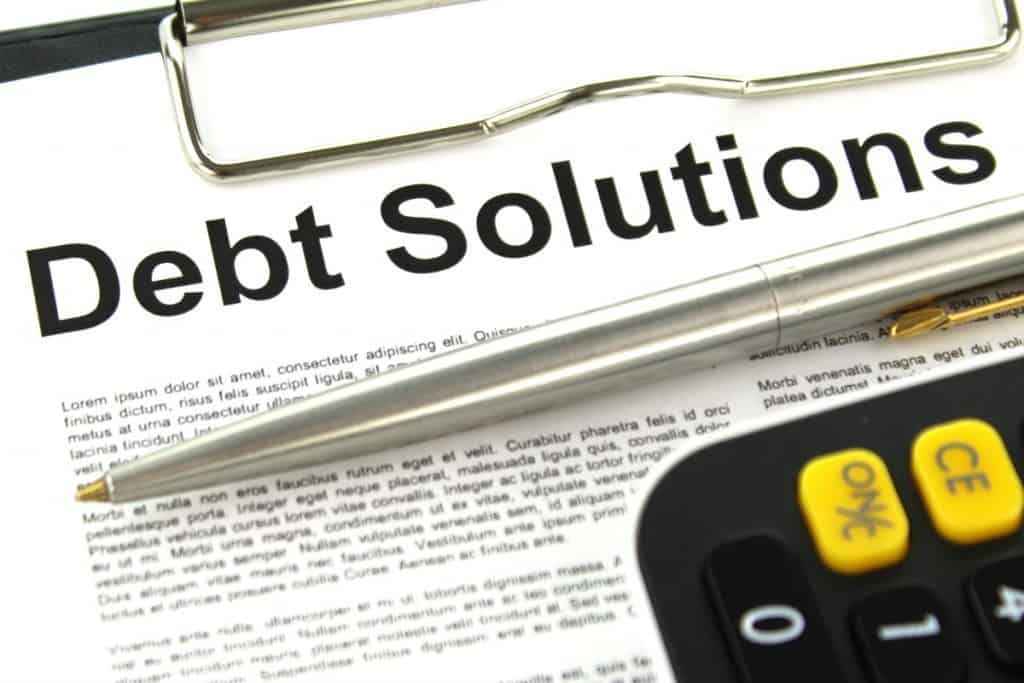

Many people make the mistake of treating all debts equally, which can slow down their repayment efforts. High-interest debt, such as credit cards, can grow quickly if not addressed first.
Earn Free Gift Cards
Swagbucks: Coupons, Paid Online Surveys & Free Gift Cards
Do you want to make money online simply by searching, shopping, surveys, or playing games?
Pros:
- Account creation is free
- Big bonus on sign up
- Many ways to earn free money
- Mobile-friendly rewards site and apps
- Simple to complete tasks
- $10 to sign up
Cons:
- Not exactly passive income
- Redeeming SB points sometimes takes awhile
- It isn’t easy to qualify for all surveys
- Customer service isn’t the greatest (or fastest)

Failing to prioritize these debts can lead to an overwhelming amount of interest payments, making it harder to get ahead. The best approach is to focus on high-interest debts first, often referred to as the “avalanche” method.
This strategy allows you to tackle the most expensive debts first, which can save you money in the long run. Ignoring these debts only causes them to balloon, increasing your financial burden and making it harder to pay off other debts.
Straightforward Ways to Get Out of Debt
Taking on New Debt


It’s easy to fall into the trap of taking on new debt while trying to pay off old debts. Be it a new credit card, loan, or even financing a purchase, adding new debt can derail your repayment plan. The goal is to reduce your debt, not add more, so taking on new obligations can set you back.
If you’re serious about paying off your debt, avoid any new credit applications or financing offers until you’ve cleared your existing balances. This might require delaying certain purchases or adjusting your lifestyle, but it’s crucial for staying focused on your goal.
New debt can feel manageable in the short term, but it often snowballs into a larger problem over time.
Bad Credit, Big Problems 13 Ways Your Score Might Be Holding You Back


Failing to Build an Emergency Fund
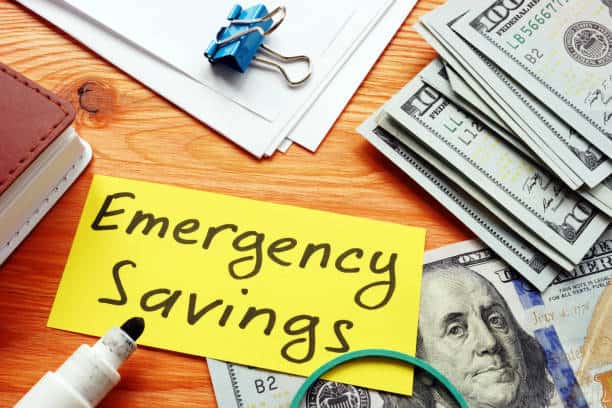

44% of Americans can’t pay an unexpected $1,000 expense from savings. This leaves them vulnerable to unexpected expenses, which can lead to more borrowing when an emergency arises.
Without a safety net, you may have to rely on credit cards or loans, adding to your existing debt. Building a small emergency fund, even while paying off debt, can prevent this scenario. Set aside a few hundred dollars to cover minor emergencies.
This will give you peace of mind and keep you on track with your debt repayment plan. It’s tempting to throw every dollar at your debt, but a little cushion can help you avoid setbacks.
20 Signs You’re Actually Financially Ahead of the Average American
Not Setting Clear Goals


Without clear goals, it’s easy to lose motivation and stray from your debt repayment plan. A vague intention to “pay off debt” is not enough to keep you focused. Setting specific, measurable goals will help you stay motivated and track your progress.
Be it paying off a particular credit card by a certain date or reducing your overall debt by a specific amount, clear goals give you something to work toward. Goals also provide a sense of accomplishment as you reach each milestone, helping to keep your momentum going.
Without them, the process can feel endless and discouraging. Set realistic targets and celebrate small victories along the way to stay motivated on your journey to financial freedom.
15 Savings Challenges To Keep You Motivated
Overlooking Debt Consolidation


Some people are unaware that consolidating their debt can simplify repayment and reduce interest rates. Debt consolidation combines multiple debts into a single loan, often with a lower interest rate.
This can make it easier to manage payments and save money on interest. Yet, many fail to consider this option or don’t research it thoroughly enough to find the best deal. While debt consolidation isn’t the right choice for everyone, it can be a valuable tool if used correctly.
It’s essential to understand the terms of the consolidation loan and ensure that you’re not simply extending your repayment period without addressing the underlying issue. For those who struggle to keep track of multiple payments, consolidation can provide relief and streamline the process.
20 Things Millionaires Refuse to Buy, Despite Having Money
Using Debt Settlement Companies


Many debt settlement companies promise quick fixes, but they often make the situation worse. These companies claim to negotiate with creditors on your behalf, but they often charge high fees and fail to deliver on their promises.
This can leave you in a worse financial position, with more debt and damaged credit. Instead of turning to debt settlement companies, consider working directly with your creditors.
Many creditors are willing to negotiate payment plans or lower interest rates if you approach them honestly and early. This approach avoids the high fees associated with settlement companies and protects your credit score.
Are You Actually Lower Middle Class? 28 Signs Someone is Lower Middle Class
Being Impatient


Debt repayment can feel slow and frustrating, especially when you’re not seeing immediate results. Many people lose patience and give up on their plan, feeling like they’ll never get ahead.
Impatience can cause poor decisions, like skipping payments or impulsive purchases, delaying your progress. It’s important to remember that paying off debt is a marathon, not a sprint.
Staying patient and consistent will eventually lead to success. Celebrate small wins and remind yourself that each payment brings you closer to your goal. Impatience can be one of your biggest obstacles, so focus on the long-term benefits of financial freedom.
🙋♀️If you like what you are reading, then click like and subscribe to my newsletter. We share tips to waste less time and money.
Failing to Review Your Progress
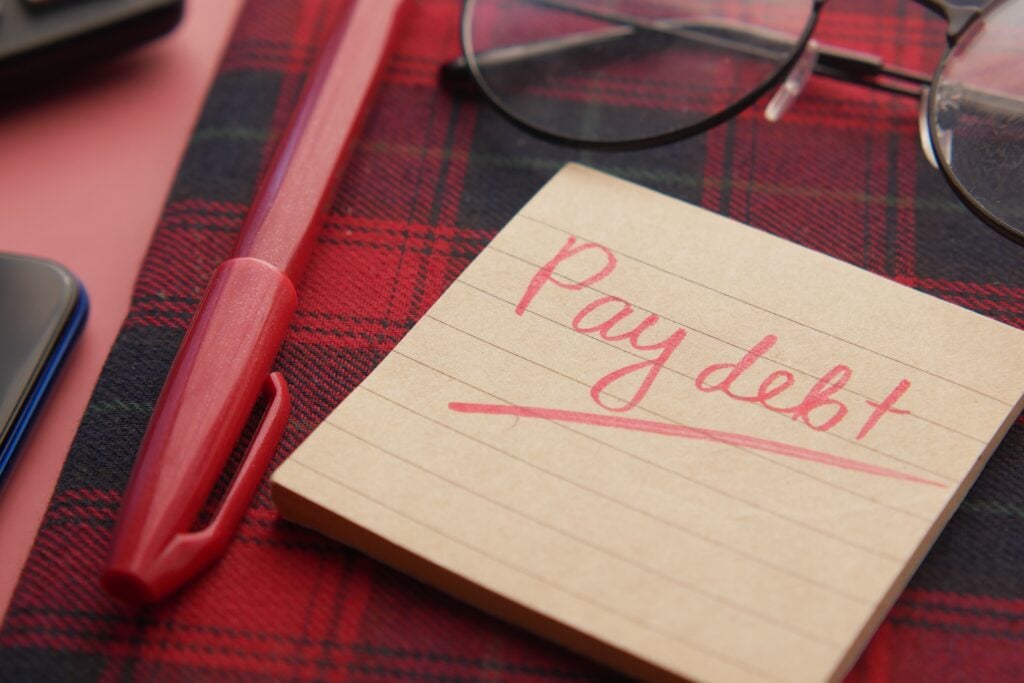

Another mistake people make is failing to review their progress regularly. Without regular check-ins, it’s easy to lose sight of your goals and make costly mistakes. Reviewing your progress allows you to see how far you’ve come, adjust your plan if needed, and stay motivated.
Set a regular schedule to review your finances, be it weekly or monthly. This habit will keep you accountable and help you identify any areas where you can improve. Staying aware of your progress is key to staying on track and avoiding any surprises.
22 Unique Ways to Save Money You Probably Haven’t Tried Yet!
Underestimating the Emotional Impact


Financial stress is a significant factor for Americans, with about 73% of people ranking money as their number one source of stress. Debt isn’t just a financial issue, it can take a significant emotional toll as well.
Stress, anxiety, and frustration are common emotions when dealing with debt, and many people underestimate how these feelings can affect their progress. Ignoring the emotional side of debt can lead to burnout or impulsive decisions, which can set you back.
It’s important to acknowledge the emotional impact of debt and find ways to cope with it. Be it seeking support from friends and family or practicing stress-relief techniques, managing your emotions is just as important as managing your finances.
By addressing the emotional side of debt, you’ll be better equipped to stay committed to your repayment plan.
Over 50? A Finance Expert Shares 17 Financial Traps You Should Avoid
Not Refinancing High-Interest Loans
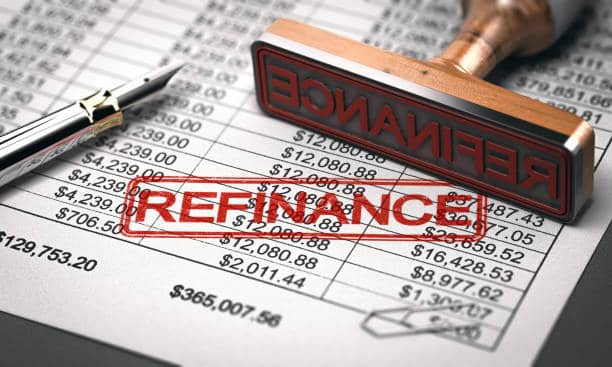

Refinancing is an option many people overlook when dealing with high-interest loans. Interest rates have a significant impact on how much you end up paying over the life of a loan.
By refinancing at a lower rate, you could reduce your monthly payments or shorten the loan term, saving you money in the long run. Failing to refinance could mean paying thousands more than necessary.
Even a slight reduction in your interest rate can make a big difference over time. Investigate refinancing options, especially for mortgages, car loans, or student loans, to potentially reduce your overall debt burden.
19 Ways to Slash Your Monthly Mortgage Payments (Some Are Really Smart)
Failing to Plan for Irregular Expenses


Unexpected expenses can derail even the most well-planned debt repayment strategy. Irregular costs, such as car repairs, medical bills, or home maintenance, often catch people off guard.
Without planning for these expenses, you might end up using credit to cover the costs, increasing your debt. Setting aside a small fund for irregular expenses can help protect your progress.
Even if it’s just a few hundred dollars, having this cushion will keep you from backsliding into debt. It’s important to recognize that these costs are inevitable and plan accordingly to stay on track.
Which Budgeting Style Is for You? Top Budgeting Styles
Neglecting to Adjust Payments as Income Increases


As your income grows, it’s important to increase your debt payments accordingly. Many people continue making the same payments even after a raise or promotion, missing an opportunity to pay off their debt faster.
Failing to adjust your payments can extend your repayment timeline unnecessarily. By putting any extra income toward your debt, you can accelerate your progress.
This approach allows you to reduce the overall interest paid and reach financial freedom sooner. Small adjustments in your payment amounts can lead to big results over time.
Dave Ramsey’s 19 Frugal Habits to Build Your Wealth
Letting Debt Affect Your Relationships


Debt can strain personal relationships, especially when financial stress affects how you communicate. Many people let debt issues fester, leading to arguments or resentment.
Ignoring the emotional impact of debt on your relationships can make the situation worse, causing unnecessary tension. Open communication with loved ones about your financial situation is essential.
By sharing your goals and progress, you can reduce stress and even gain support. Healthy relationships help you stay focused and motivated on your path to debt freedom.
🙋♀️If you like what you are reading, then click like and subscribe to my newsletter. We share tips to waste less time and money.
Ignoring Credit Scores While Paying Off Debt


Focusing solely on debt repayment while ignoring your credit score can be a costly mistake. Your credit score plays a critical role in determining the interest rates you’ll receive on future loans.
Many people assume that paying off debt automatically improves their credit score, but it’s not always that simple. It’s important to monitor your credit score and understand the factors that influence it, such as payment history and credit utilization.
By keeping an eye on your score, you can avoid surprises and take steps to improve it alongside paying off your debt.
Expert Shares Why Your Credit Score Matters Now More Than Ever
Using Emotional Spending to Cope with Stress


Debt often causes stress, and many people turn to spending as a way to cope. Emotional spending, be it for small treats or bigger purchases, can sabotage your progress. Retail therapy might provide temporary relief, but it leads to more financial stress in the long run.
Recognizing emotional triggers for spending can help you stay focused on your debt goals. Find healthier ways to manage stress, such as exercise, meditation, or talking with friends.
Breaking the cycle of emotional spending is crucial for maintaining long-term financial stability.
25 Useless Products Most People Usually Regret Buying
Overlooking Tax Implications of Debt Forgiveness
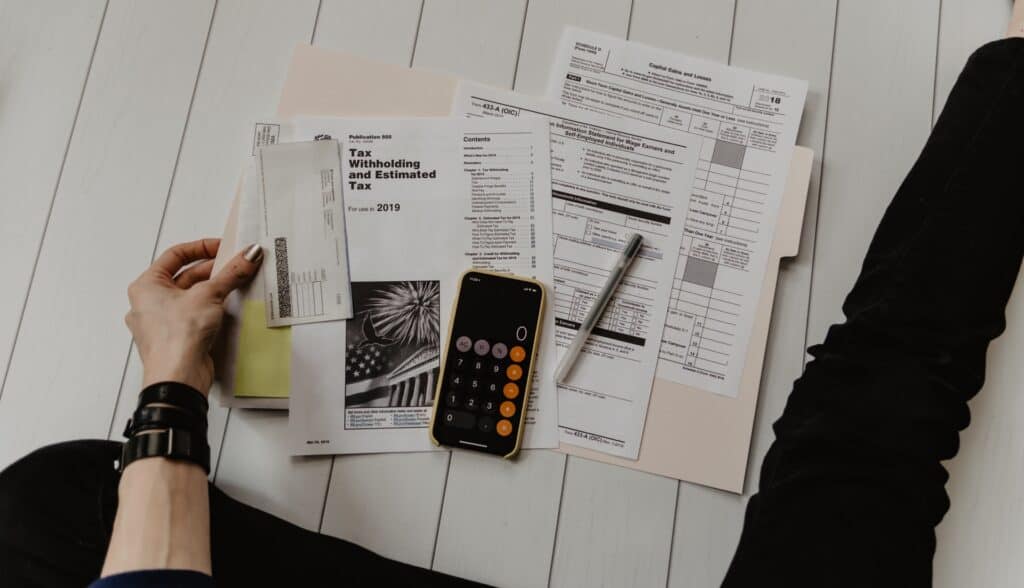

Debt forgiveness might seem like a relief, but it can come with tax consequences. Many people don’t realize that forgiven debt is often considered taxable income. This means that when your debt is forgiven, you could face a higher tax bill than expected, catching you off guard.
It’s important to understand the tax implications before agreeing to any debt forgiveness plan. Consult a tax professional to determine how this will affect your overall financial situation.
Planning ahead will help you avoid an unexpected tax burden that could undermine your progress.
25 Simple Tax Deductions You Might Be Missing. No Itemizing Needed.
Not Reviewing Loan Terms Regularly
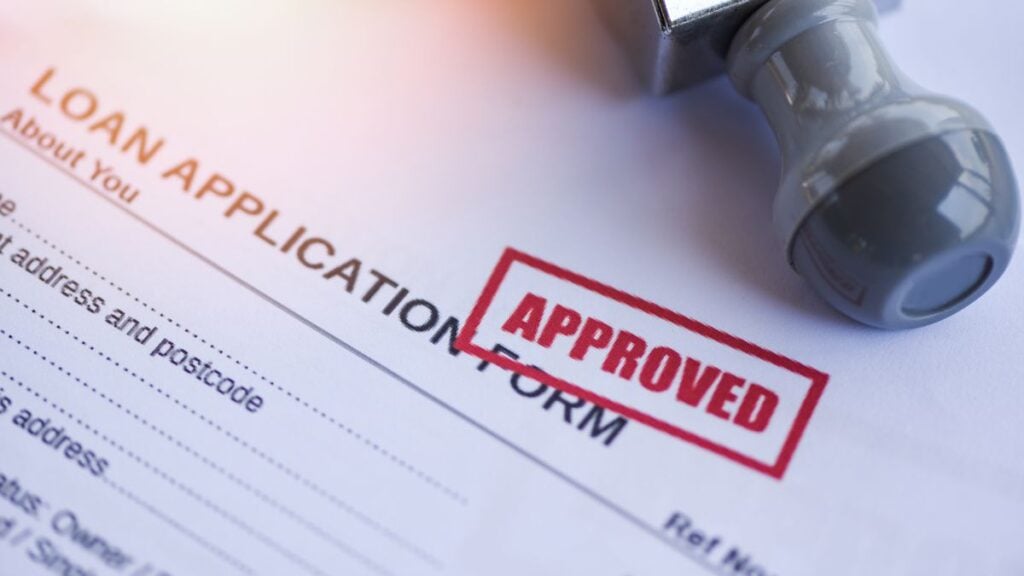

Many people take out loans without fully understanding the terms, and they never revisit them. Loan terms can significantly affect how long you’ll be in debt and how much interest you’ll pay.
Failing to review your loan agreements periodically can mean missing opportunities to refinance or renegotiate better terms. It’s important to regularly review the details of your loans, especially when your financial situation changes.
Doing so helps you identify areas where you might save money or pay off debt faster. Stay informed about your loan terms to avoid unnecessary costs and missed opportunities.
Common Types Of Loans Explained Simply
Not Tracking Interest Accrual
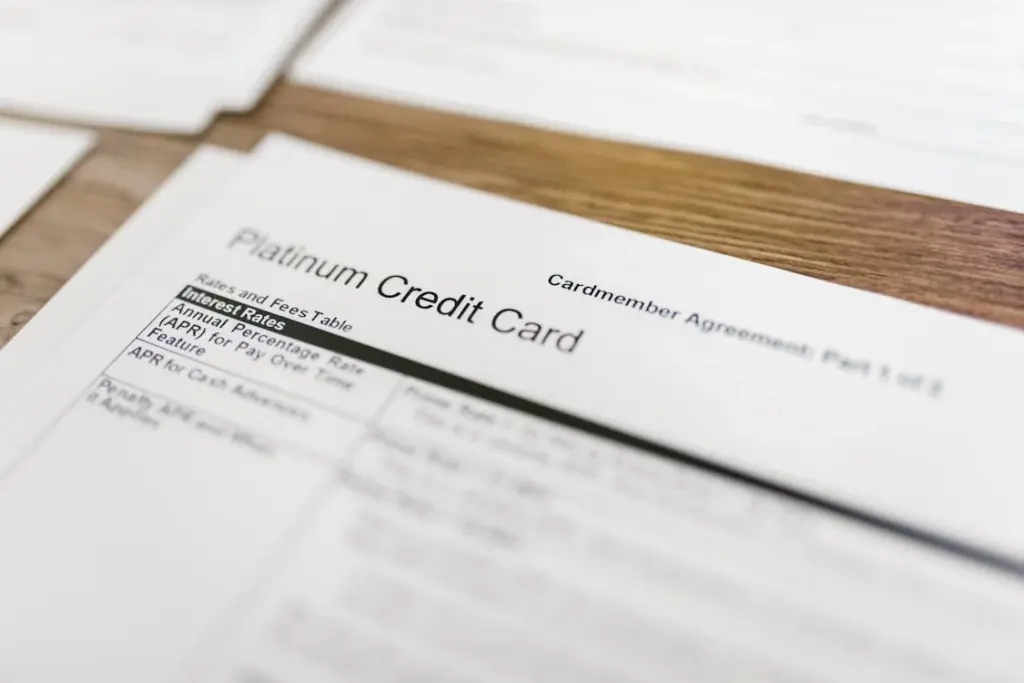

Many people make payments without understanding how much interest they’re accumulating each month. Failing to track interest can lead to frustration as it feels like the debt isn’t shrinking.
Knowing how interest affects your balance can motivate you to pay off your debt more strategically. Tracking interest gives you a clearer picture of your financial situation. It shows where your money is going and highlights the importance of reducing principal balances quickly.
By focusing on how interest is impacting your debt, you can make smarter financial decisions and pay it off faster.
Millionaire Mindset: 23 Things They Never Waste Time On
Ignoring Financial Education


Debt often stems from a lack of financial education, yet many people neglect to improve their financial literacy. Without understanding key concepts like budgeting, interest rates, and loan terms, you may struggle to make informed decisions.
Ignoring the need for financial education can lead to repeated mistakes and prolonged debt. Taking the time to learn more about personal finance can dramatically improve your repayment strategy.
There are countless resources available, from books to online courses, that can help you become more financially savvy. The more you know, the better equipped you are to avoid debt traps and manage your money effectively.
18 Ways to Know You’re (Financially) Ready for Retirement in Your 60s
Allowing Debt to Prevent Investing


Some people avoid investing until they’re completely debt-free, which can delay wealth-building opportunities. While paying off debt is essential, it’s also important to consider long-term financial growth.
Delaying investments, especially in retirement accounts, can mean missing out on compound interest and other benefits. It’s possible to balance debt repayment with investing, especially if your debt carries a low interest rate.
Consider allocating a small portion of your budget toward investments while focusing on your debt. This strategy ensures that you’re working toward both immediate and long-term financial goals.
20 Passive Income Investments You Can Start to Grow Your Wealth
Neglecting to Freeze or Close Old Credit Accounts


Leaving old credit accounts open without a plan can lead to temptation. Some people hold onto old credit cards for emergencies but end up using them for unnecessary purchases.
Keeping unused accounts open might also expose you to fraud or identity theft, making it more difficult to track your financial situation. If you no longer need a credit account, consider freezing or closing it.
This reduces the risk of future debt accumulation and simplifies your financial management. Being proactive about managing your credit accounts can help you avoid falling back into old spending habits.
20 Credit Card Mistakes Most People Make (Plus How to Avoid Them)
Not Celebrating Milestones


Debt repayment can be a long, tedious process, and many people forget to celebrate small victories. Failing to recognize your progress can lead to burnout or loss of motivation. Celebrating milestones, even small ones, can keep you motivated and help you stay on track.
Take time to acknowledge your achievements, such as paying off a specific debt or reaching a savings goal. Rewarding yourself in meaningful but budget-friendly ways can make the journey more enjoyable.
Celebrating progress reminds you that each step brings you closer to financial freedom.
Take Control of Your Money and Reap the Benefits Of Financial Planning
Taking Your Step Toward Debt Freedom


Paying off debt takes time and effort, but avoiding common pitfalls can speed up your progress. By keeping a close eye on your spending, building an emergency fund, and regularly reviewing your strategy, you’ll set yourself up for success.
Each small victory, be it paying off a credit card or hitting a savings goal, deserves to be celebrated. Staying patient and focused will keep you motivated as you tackle your remaining debt.
Remember, consistency is key. The journey may seem long, but with each payment, you’re getting closer to financial freedom. Keep pushing forward, you’ve got this!
🙋♀️If you like what you just read, then subscribe to my newsletter and follow us on YouTube.👈
AI was used for light editing, formatting, and readability. But a human (me!) wrote and edited this.





.jpg?w=360&resize=360,270&ssl=1)